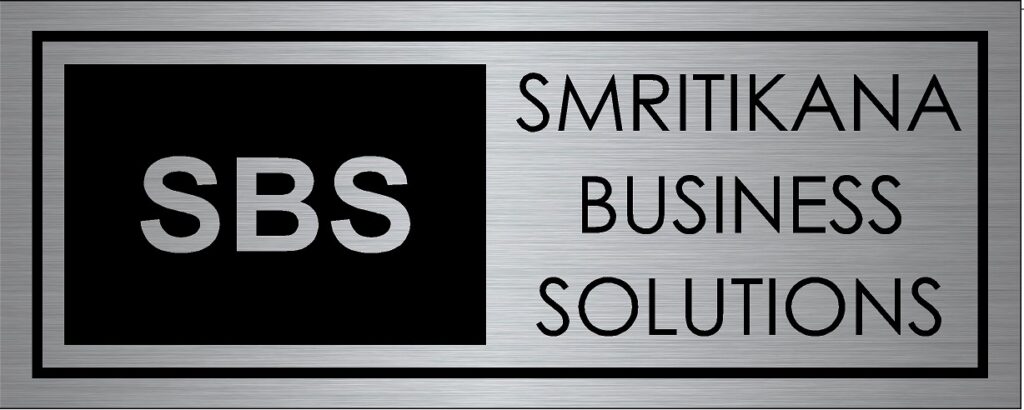MICRO FINANCE COMPANY REGISTRATION
Registration of Microfinance Institutions
Small businesses and housewives who are unlikely to get loans from banks due to lack of access and knowledge will benefit from the establishment of microfinance institutions (MFIs) under the Companies Act, 2013 or the Companies Act, which was previously under the Financial Services Act. If the business is properly registered, licensed and has a minimum wage, it can quickly become a financial institution. However, the Reserve Bank of India (RBI) has exempted certain businesses from certain financial restrictions.
Benefits of Microfinance Institutions
Microfinance institutions (MFIs) provide small loans and financial services to individuals and small businesses that typically lack access to traditional banking. Here are some key benefits of MFIs:
Access to Capital: MFIs enable low-income individuals and small entrepreneurs to obtain loans, helping them start or grow businesses.
Empowerment: By providing financial resources, MFIs empower marginalized groups, particularly women, to become financially independent and improve their social status.
Job Creation: By supporting small businesses, MFIs contribute to job creation within local communities, fostering economic growth.
Financial Inclusion: MFIs promote financial literacy and inclusion by offering savings accounts, insurance, and other financial products, integrating underserved populations into the financial system.
Community Development: By investing in local businesses, MFIs can stimulate local economies, leading to improved infrastructure and community services.
Flexible Loan Terms: MFIs often provide more flexible loan terms than traditional banks, accommodating the unique needs of borrowers.
Social Impact: Many MFIs focus on social missions, addressing issues like poverty reduction, education, and health, which can lead to broader societal benefits.
Support for Innovation: MFIs often encourage entrepreneurial initiatives that can lead to innovative solutions tailored to local needs.
Building Credit Histories: Borrowers can build credit histories through timely repayments, improving their chances of accessing larger loans from traditional banks in the future.
Networking Opportunities: MFIs often facilitate networks among borrowers, fostering collaboration and knowledge sharing among small business owners.
Process of Registering an MFI as an NBFC
The process of registering an MFI as a non-banking institution is complex and costly. As per RBI regulations, the registration fee for a non-banking financial institution should not be less than Rs 2 crore. Also
The first step is to either a private limited company (must have at least two members and a capital of $100,000) or a public limited company (must have at least seven members) – the capital of the members is 200,000. The minimum requirement for North East is “Rs 2 Crores”
When it comes to raising money, the next step is to deposit the money in the bank and get the “Non-Lien” certificate
After completing the above procedures, one has to submit the NBFC license and submit it along with all the documents so that two steps are taken simultaneously. A copy of the application and permission has to be sent to the regional office of the Reserve Bank of India.
Registering a Section 8 Company
Another option is to register the company as a Section 8 company. This model has many advantages as no RBI approval is required, but RBI guidelines on interest rates and ratios still need to be followed. No capital of Rs 2 crore is required. Low registration fees – less than $50,000 – make it the cheapest way to register as a financial institution. Compliance can be stricter than non-bank financial institutions. For example, home loans cannot exceed Rs 1.25 lakh and unsecured small business loans cannot exceed Rs 50,000. Section 8 companies are completely legal and can sue offenders.
Process of Registering an MFI as a Section 8 Company
The first step is to apply for DSC and DIN which are required for e-form authorization.
The next step is to get the name approval in form INC-1. The name of the financial institution which needs to be registered under Section 8 should mention that it is registered as Section 8 institution which means it should have words like Sanstha, Foundation or Microfinance in its name
Once the name is approved, the company needs to write MOA and AOA to get permission and submit the certificate of incorporation along with all the required documents along with form INC-12.
FAQ's MICRO FINANCE COMPANY REGISTRATION
A microfinance company provides financial services, including small loans, savings, and insurance, to individuals or small businesses that typically lack access to traditional banking services.
Criteria often include:
- A minimum paid-up capital (varies by country).
- A business plan detailing the services and target market.
- Compliance with local regulatory requirements.
Commonly required documents include:
- Business plan.
- Identity proof of the promoters/directors.
- Address proof of the business.
- Financial statements (if applicable).
- Legal documents such as articles of incorporation.
Registration is typically done with the relevant financial regulatory authority in your country, which may be a central bank or a specialized agency for microfinance.
The general steps include:
- Preparing the required documents.
- Submitting the application to the regulatory authority.
- Undergoing a review process.
- Obtaining a license or registration certificate.
The duration can vary widely depending on the country and the regulatory authority, but it typically ranges from a few weeks to several months.
Yes, there are usually registration fees and possibly additional costs for licenses, inspections, or compliance checks.
Post-registration, companies may need to comply with reporting requirements, maintain capital adequacy, conduct audits, and follow consumer protection regulations.
This depends on the regulations of the specific country. Some countries allow foreign investments, while others may have restrictions.
Benefits include legal recognition, access to funding, regulatory support, and the ability to operate within the framework of financial laws, enhancing credibility with clients.
Challenges can include navigating complex regulations, meeting capital requirements, and providing adequate documentation.
Operating without registration is generally illegal and can lead to penalties, fines, or closure of the business. Always adhere to local laws.
